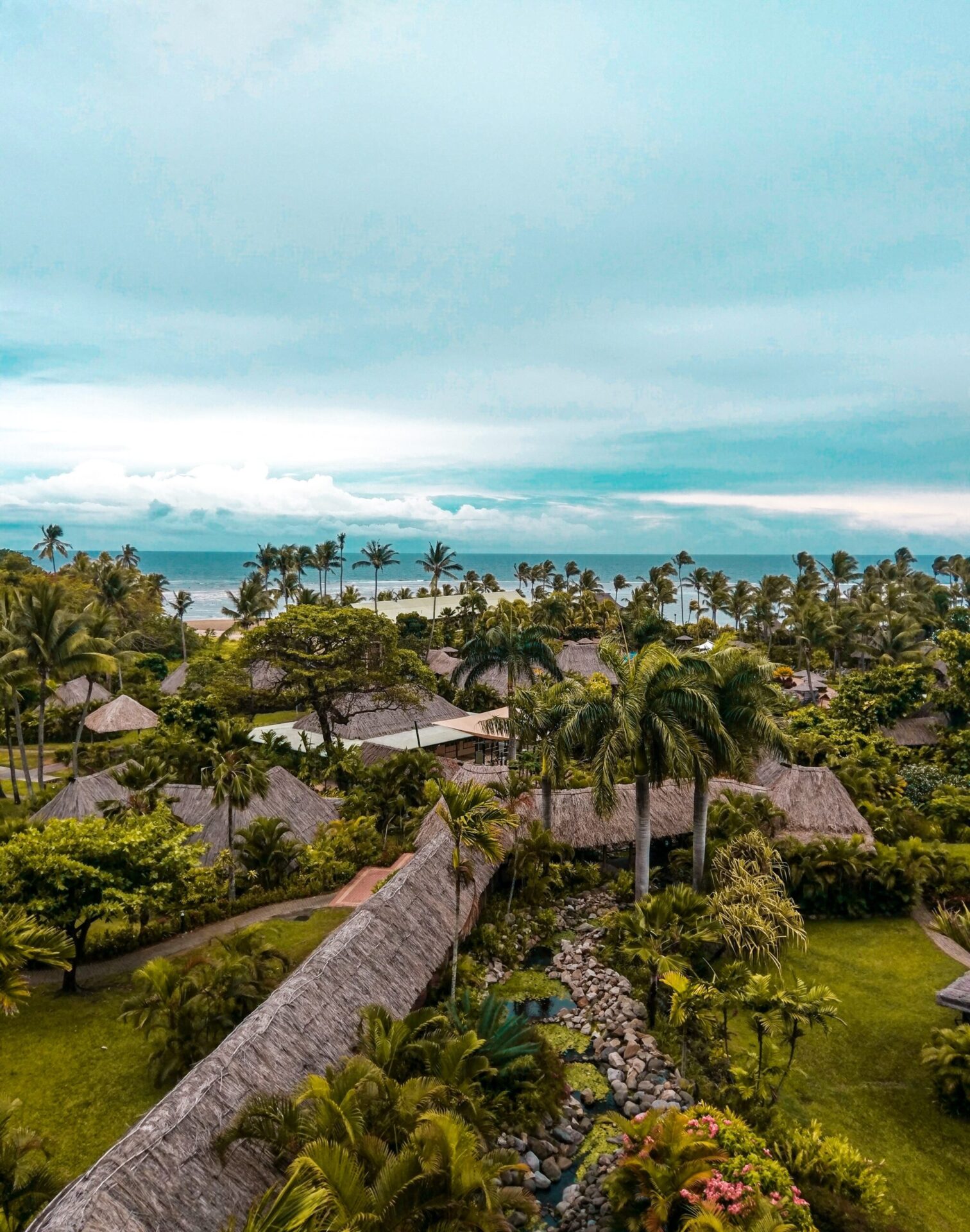Turning Science into Action Webinar Series Session 1: Overview of IPCC WGII findings and a Call to Action
Summary
The Adaptation Action Coalition convened a four-part webinar series, from March 11th to April 4th 2022, on the Working Group II contribution to the Sixth Assessment Report (AR6) of the Intergovernmental Panel on Climate Change (IPCC) on Impacts, Adaptation and Vulnerability. Titled Turning Science into Adaptation Action, it set out to answer the question: how do we translate IPCC science into action to advance adaptation progress and achieve a climate resilient world?
During this opening session (see video above), the need for urgent, accelerated adaptation action was emphasized. As the keynote speaker, Dr. Debra Roberts, IPCC Working Group II Co-Chair, put it: “There are increasing gaps between adaptation action taken and what’s needed, but there are feasible and effective options we can take to reduce the risks to people and nature.” There were also interventions from high-level actors such as recently appointed UN High-level Climate Champion for Egypt who urged for an immediate, equitable and whole-of-society approach for adaptation.
This opening session was followed by two technical sessions on Water & Infrastructure and Health & Locally Led Action that covered the chapters on Water, Infrastructure, Health and Climate Resilient Development of the WGII report. The sessions illuminated the great potential for resilience work in key areas such as urban infrastructure and water, to address compounding climate risks while achieving multiple benefits of adaptation. Furthermore, tools like the Water Tracker for National Climate Planning, presented by Alliance for Global Water Adaptation, underscored the importance of a cross-sectoral, integrated approach to national water resilience planning. A common recommendation from both panels was to actively unite diverse sources of knowledge, institutions, and scales to bring about coordinated, inclusive, and swift adaptation action. The Principles for Locally Led Adaptation was another highlight, wherein the growing political commitment and the global movement to translate these principles into action was discussed. The final session hosted a high-level panel representing six AAC member countries (Fiji, Nepal, USA, Malawi, Costa Rica, and Germany), during which recent progress and challenges in implementing adaptation solutions were discussed through a cross-sectoral lens. In translating the IPCC WGII report findings into informed action, a key takeaway was the importance of community-based and regionally led action; Costa Rica, Nepal and Malawi strongly argued that if adaptation efforts are to be sustainable, vulnerable communities on the front lines must be a part of key processes like vulnerability assessments, planning, and related programs. To close the session, high-level adaptation champions, including Egyptian Minister of Environment Dr. Yasmine Fouad and UK’s Rt. Hon Anne-Marie Trevelyan, put forth strong calls to action for urgent delivery on the commitments made in Glasgow, through bold and concerted efforts, in the lead up to COP27.
Other webinars from the series:
Further Reading
Related resources
- The IPCC's 6th Assessment Report: Impacts, Adaptation, and Vulnerability - Summary for Policymakers
- The IPCC's 6th Assessment Report Climate Change 2021: The Physical Science Basis
- IPCC AR6: Impacts, Adaptation Options and Investment Areas for a Climate-Resilient Southern Africa [CDKN Factsheet]
- IPCC AR6: Impacts, Adaptation Options and Investment Areas for a Climate-Resilient West Africa [CDKN Factsheet]
- IPCC AR6: Impacts, Adaptation Options and Investment Areas for a Climate-Resilient Central Africa [CDKN Factsheet]

(0) Comments
There is no content